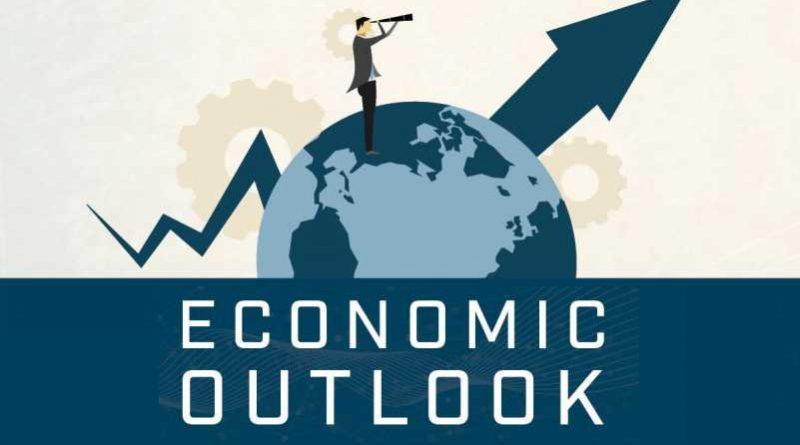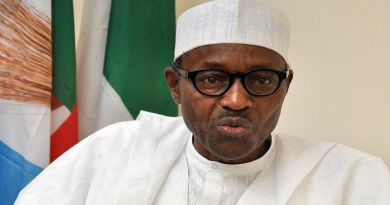IMF downgrades Nigeria’s 2022 economic growth projections from 3.4% to 3.2%
In the October edition of the World Economic Outlook, the International Monetary Fund (IMF) retained its 2022 global economic growth projection at 3.2 percent, as earlier projected in July. At the country level, the IMF downgraded the growth projection of many countries, including Nigeria.
The downgrade suggests that the IMF anticipates that Nigeria will experience a slower growth rate than was previously forecast in July. Nigeria’s growth rate for 2022 was revised downward to 3.2 percent from 3.4 percent projected earlier in July. Also, the projected growth rate for 2023 was revised downward to 3.0 percent from 3.2 percent.
The IMF downgrade is coming a few days after the World Bank lowered its 2022 growth projections for Nigeria. The downward revision of the IMF and World Bank growth projections suggests that, in 2022, Nigeria will grow at a rate lower than the 3.6 percent recorded in 2021. The downgrade in the growth projections is due to several factors, including external and domestic factors.
The external factor is the slowing down of global growth mainly due to the war in Ukraine and lockdown restriction in China, the high global inflation, and the monetary tightening policy of the Central Banks. The domestic factors include the oil sector’s poor performance, the hike in the monetary policy rate, and the foreign exchange shortage.
The updates, therefore, call for the government to urgently address the oil sector’s low performance and improve the business environment by investing in infrastructure that would enhance firms’ productivity.




